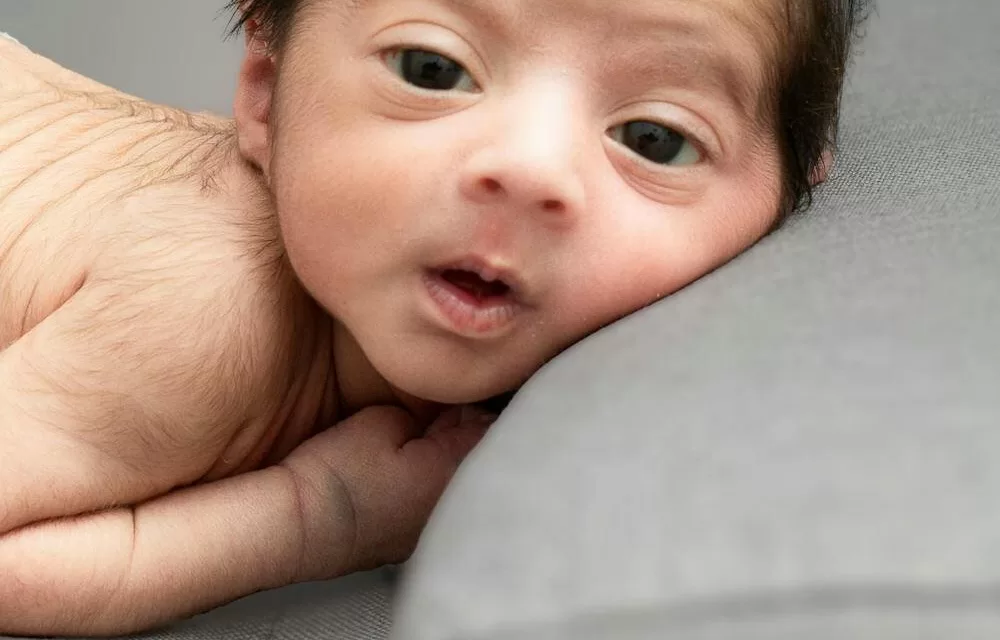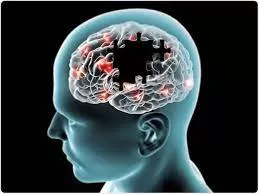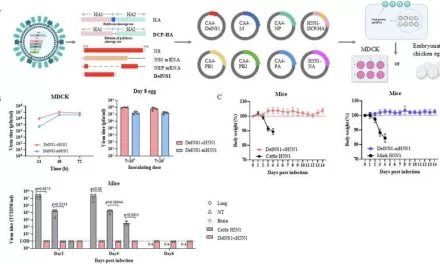Copenhagen, Denmark – A new study has found that one in five newborns who experience neonatal seizures will go on to develop epilepsy by the age of one. The study, conducted by researchers from the Copenhagen University Hospital – Rigshospitalet, highlights the long-term neurological risks associated with seizures in newborns.
Neonatal seizures are among the most common acute neurological conditions affecting infants admitted to neonatal care units. The study analysed data from 1,998 children born in Denmark who experienced neonatal seizures, providing valuable insights into their long-term health outcomes.
The findings, published in the journal Developmental Medicine & Child Neurology, revealed that 20.4% of children with neonatal seizures developed epilepsy, compared to only 1.15% of children without seizures. The study further found that epilepsy was diagnosed before the age of one in 11.4% of affected children, while additional cases were identified between the ages of 1 and 22 years. Specifically, 4.5% of cases were diagnosed between 1 and 5 years, 3.1% between 5 and 10 years, and 1.4% between 10 and 22 years.
The study also identified key risk factors associated with epilepsy development, including stroke, brain haemorrhage, structural brain malformations, and low Apgar scores—a measure assessing a newborn’s overall health immediately after birth. These factors significantly increased the likelihood of epilepsy in affected children.
Neonatal seizures can result from a range of causes, including hypoxic-ischaemic encephalopathy (a type of brain injury caused by oxygen deprivation), stroke, infections, metabolic imbalances, and genetic disorders. While some cases may be transient, congenital brain malformations and perinatal brain injuries were found to be particularly strong predictors of future epilepsy risk.
In addition to epilepsy, the study found that children with neonatal seizures were at a higher risk of developing febrile seizures (seizures triggered by fever), though this risk was lower than that for epilepsy.
“Our study highlights that there are risk factors that may be used to identify infants for tailored follow-up and preventive measures,” said Jeanette Tinggaard, lead researcher from Copenhagen University Hospital – Rigshospitalet. “Importantly, four out of five neonatal survivors with a history of neonatal seizures did not develop epilepsy, and we suggest future studies to explore a potential genetic predisposition.”
Disclaimer:
This article is based on a scientific study and is intended for informational purposes only. It does not constitute medical advice. Parents and caregivers concerned about their child’s health should consult a qualified healthcare professional for diagnosis and treatment.












